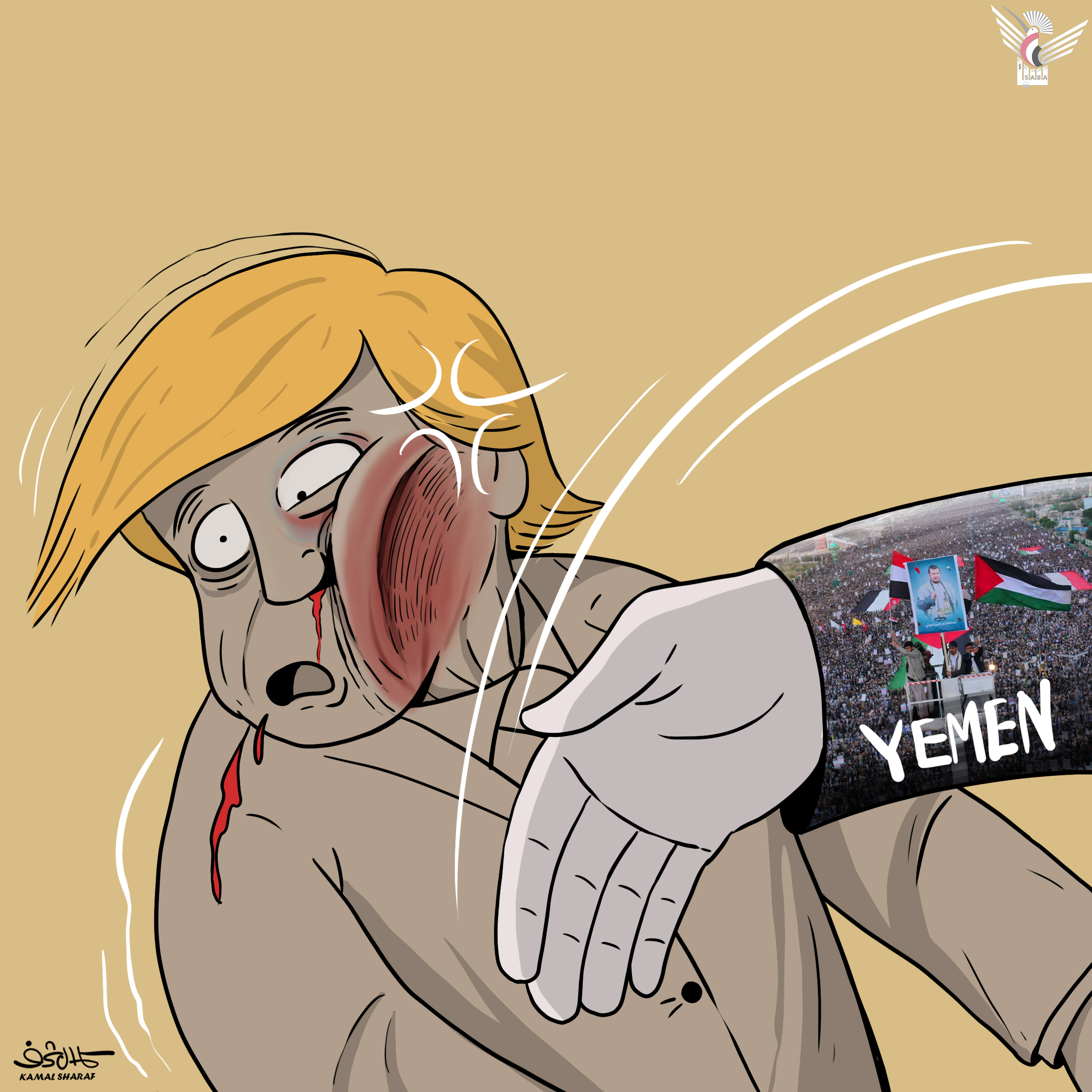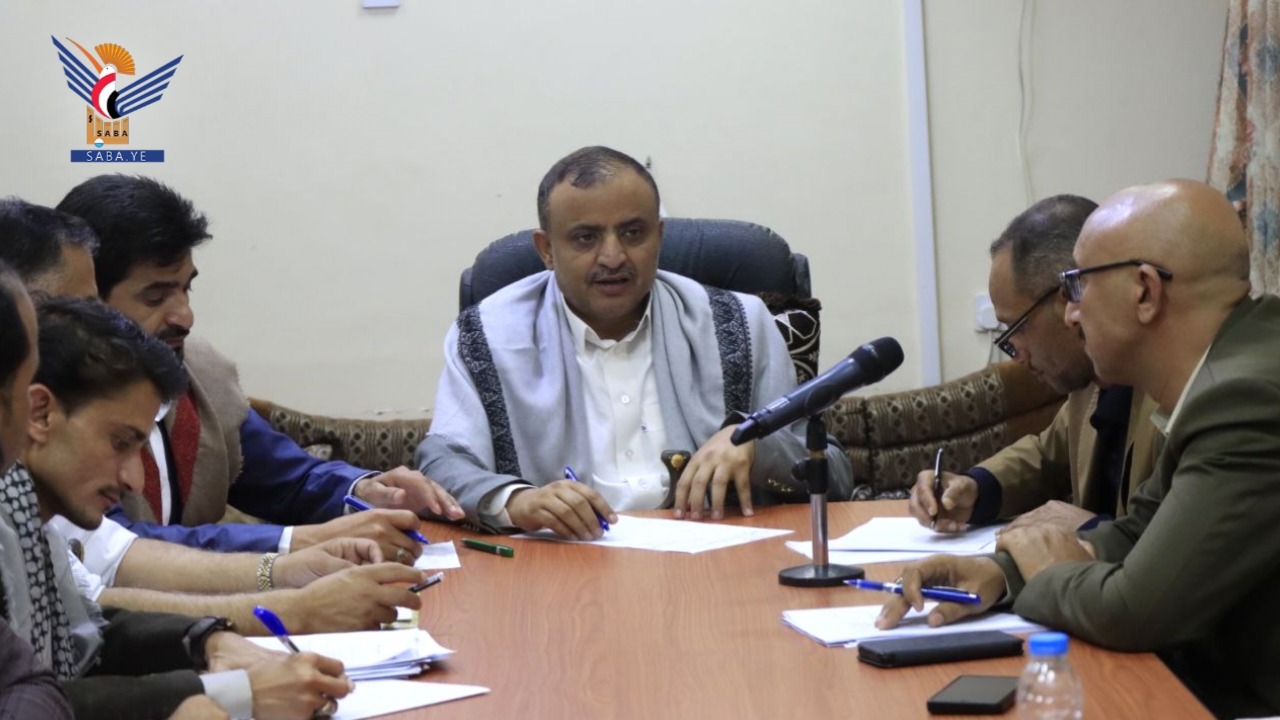Sana'a - Saba:
A meeting in Sana'a, chaired by the Minister of Agriculture, Fisheries, and Water Resources, Dr. Radwan Al-Rabai, discussed on Saturday the executive measures for boycotting American and Israeli goods, in implementation of the directives of the President of the Supreme Political Council.
The meeting, attended by the Director of Agricultural Services, Dhaifallah Shamlane, along with ministry leaders and relevant officials, reviewed implementation mechanisms , future action plans focused on boosting local production and providing alternatives.
The meeting emphasized the important role of media, preachers, guides, and civil society organizations in raising awareness about the significance of the boycott , clarifying the targeted products and brands.
During the meeting, the Minister of Agriculture stated that the economic boycott of American and Israeli products is progressing in an organized manner, noting that the ministry has made significant strides in this regard in coordination with the Boycott Committee.
He explained that all relevant departments have been directed to enforce the boycott of various American and Israeli goods, stressing that Israeli goods were already banned previously. This meeting serves to reaffirm and ensure field implementation.
Dr. Al-Rabai pointed out that traders and importers have been granted three months to dispose of existing American products in their warehouses. A list of boycotted products will be announced within a week, with strict measures to prevent the entry or promotion of any new goods from the targeted countries.
He added that suitable alternatives from non-boycotted countries will be sought, alongside efforts to enhance local production as a strategic and sustainable solution. The ministry will work to support and expand local production to ensure the availability of national alternatives that meet demand, as part of a comprehensive plan to achieve self-sufficiency.
The Agriculture, Fisheries, and Water Resources Minister commended the growing public awareness of the boycott as a religious and humanitarian commitment by citizens in solidarity with the Palestinian people , in confronting American and Israeli aggression against Yemen. He described the boycott as an effective economic weapon that reflects Yemen's steadfast stance on the issues of the nation.

| more of (Local) |




